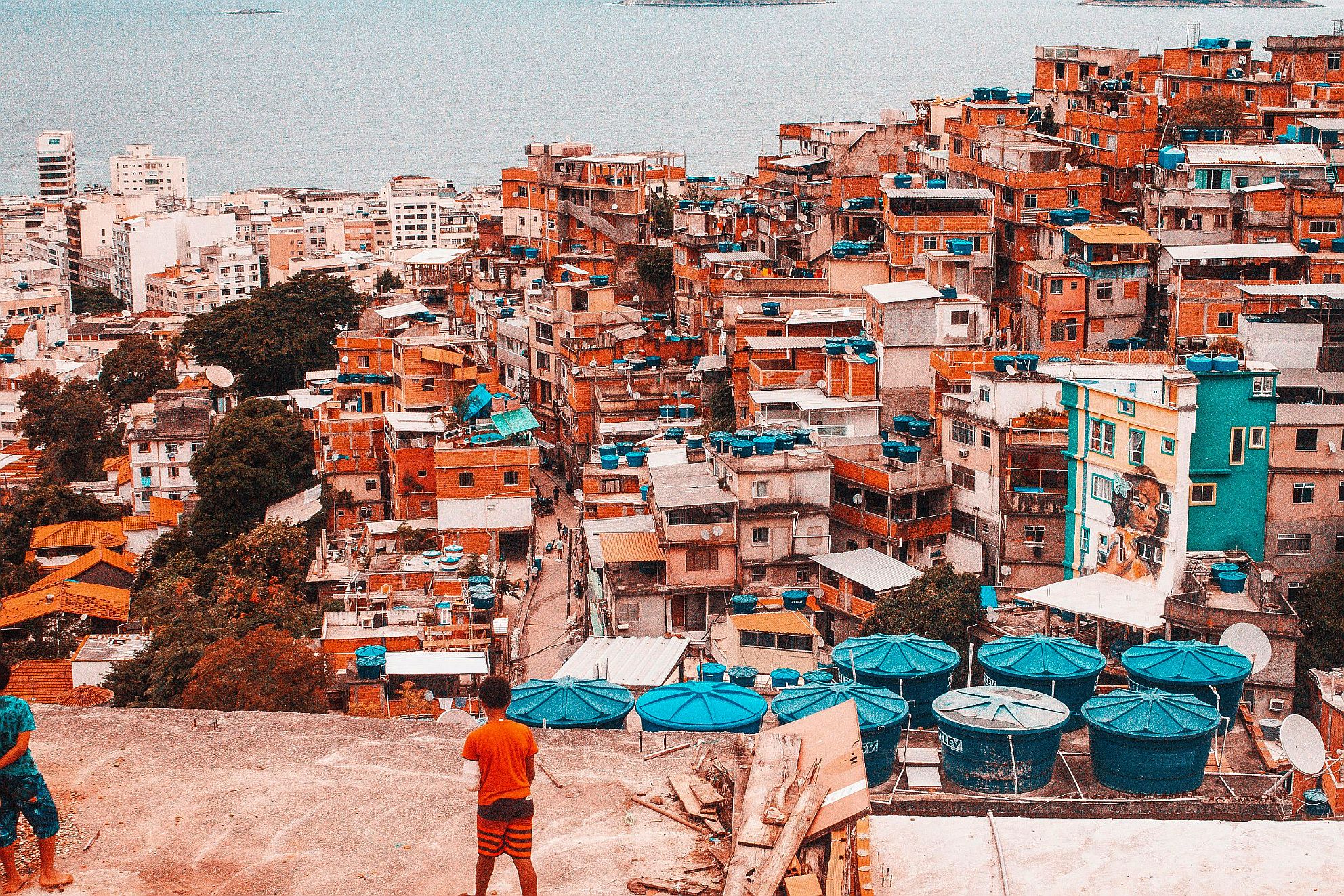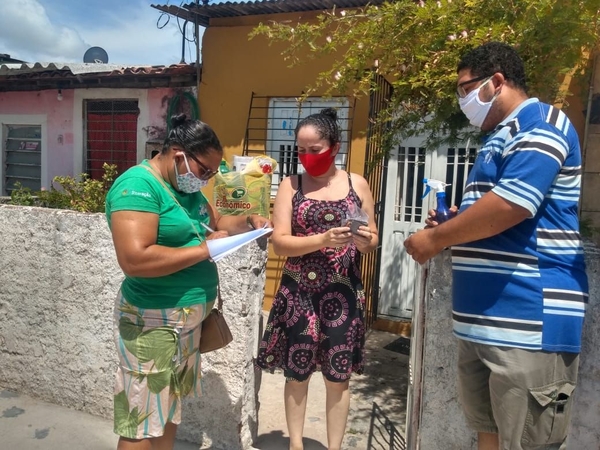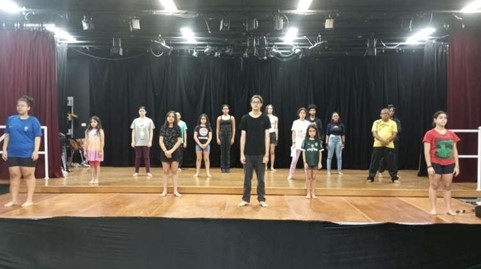- Who We Are
- How We Work
- Regional / Country Initiatives
- Legacy
- Core Themes
- Working Groups
- Portfolio & Results
- Newsroom
- Resources
Brazil: Strengthening Organised Civil Society to Act in Cities

Project Overview
In Brazil, impoverished urban communities continue to face persistent challenges of unemployment and lack of income. This situation is exacerbated by a lack of dialogue channels with different levels of government, leading to high crime rates and increased social tension.
Rede Internacional de Ação Comunitária – INTERAÇÃO has been working with multi-country stakeholders to support the Brazilian federation (an affiliate of Slum Dwellers International) in tackling these challenges, along with the challenge of climate change, within urban poor communities across five cities in two metropolitan regions – São Paulo (Osasco and Taboão da Serra) and Pernambuco (Recife, Paulista, and Jaboatão).
At the city level, the federation showcases the implementation of equitable urban policies and promotes pro-poor data usage. At the community level, it enhances public health and livelihoods through the garden-composting-recycling chain. This holistic project addresses crucial issues in Brazilian urban poor communities, spanning economic empowerment, environmental sustainability, and public health.
This project is part of the Building Resilience in Informal Settlements Programme, a partnership between Cities Alliance and Slum Dwellers International (SDI), funded by the Swedish International Development Cooperation Agency (Sida), to support civil society organisations working in informal settlements.

Project Results: 2022-2024
The project has made a significant impact in six settlements across four cities. It has played an instrumental role in training and empowering more than 649 savers in 12 savings groups, mainly women and 45 youth, through a series of dynamic sessions and 16 transformative peer learning exchanges, gathering 80 people. Moreover, it has been pivotal in cultivating strategic leadership within the federation, while actively fostering community engagement in pivotal events.
Data collection included profiling 4 settlements. That information is useful for advocacy. To date, 8 settlement forums and 6 city and national-level campaigns took place. A federation leadership meeting helped sustain federation building.
To address climate change, the project has initiated recycling and the implementation of composters and community gardens for income generation and food security. These initiatives have been implemented in communities such as Tururu, Osasco, and Cidade Tiradentes in São Paulo's East Zone. They have not only fostered income generation but also improved food security, contributing to the overall well-being of the communities.
Production of a booklet aimed at increasing climate awareness and knowledge within the community has further augmented these efforts. 120 people were trained to address climate change and 30 people are now better adapted to climate effects.
Exchanges, support for participation in various events, and training programs in communication and activism for youth has continued to reinforce leadership qualities. 4 youth-led initiatives took place. The leadership initiative supported the formation of the group “Corda Bamba” and the production of the show "Antes do Fim," which was presented at FECT (Theatre Short Festival) and at Ceu das Artes in Osasco/SP with a thematic focus on climate change and environmental sustainability.

Enhanced Social Cohesion and Youth Engagement in Climate Action in Brazil
The project has strengthened social cohesion in slum settlements by significantly increasing the engagement of young people in climate change initiatives. Their involvement deepened after participating in a national exchange programme and an international exchange. This shift is important, because these youth are becoming key advocates for climate action, serving as role models. They are now active participants in climate activism at various levels. The training and networking also capacitated youth to produce a mini documentary, highlighting and raising awareness for the impacts of extreme weather events in Recife.
The Brazilian federation has played a crucial role in this transformation by providing opportunities, support and collaborative spaces that empower young people to engage in climate action, both independently and collectively. The networking opportunities led to significant improvements in waste reduction, organic waste management, urban agriculture and food security.
Key Achievements: 2022-2024
- 12 savings groups and 649 savers supported
- 45 youth members mobilised and supported
- 120 people supported through networking and training to address climate change or to conserve biodiversity
- 30 people supported to better adapt to the effects of climate change
- 4 settlements profiled
- 8 settlement level information forums or campaigns
- 6 city or national level advocacy campaigns conducted
- 4 content creating initiatives involving youth
- 1 regional or national level federation leadership meeting was held
- 16 peer-to-peer learning exchanges with 80 individuals
